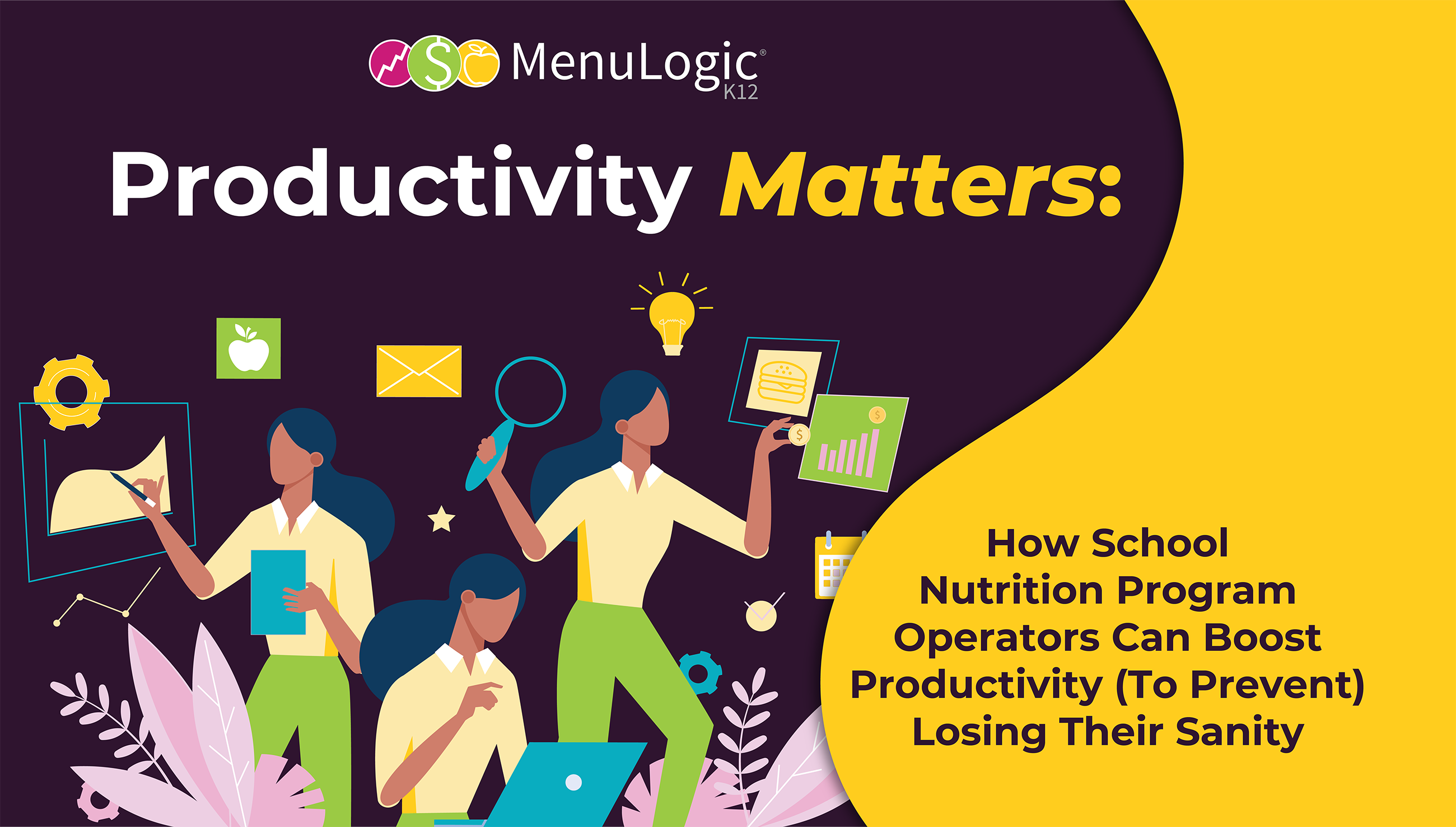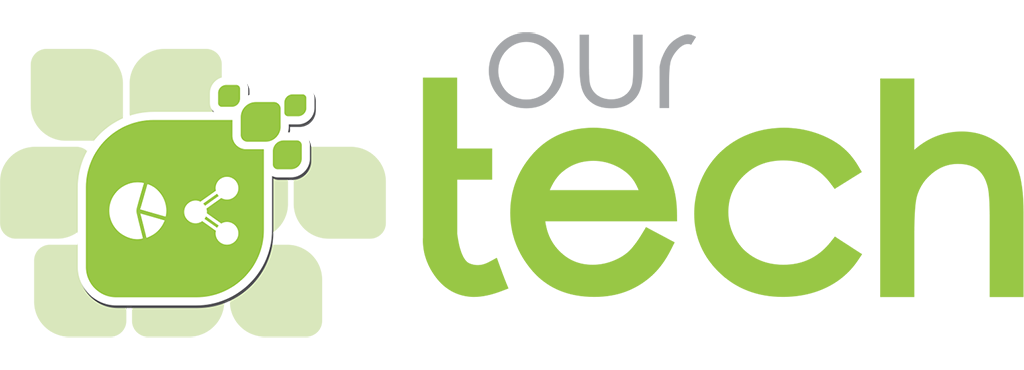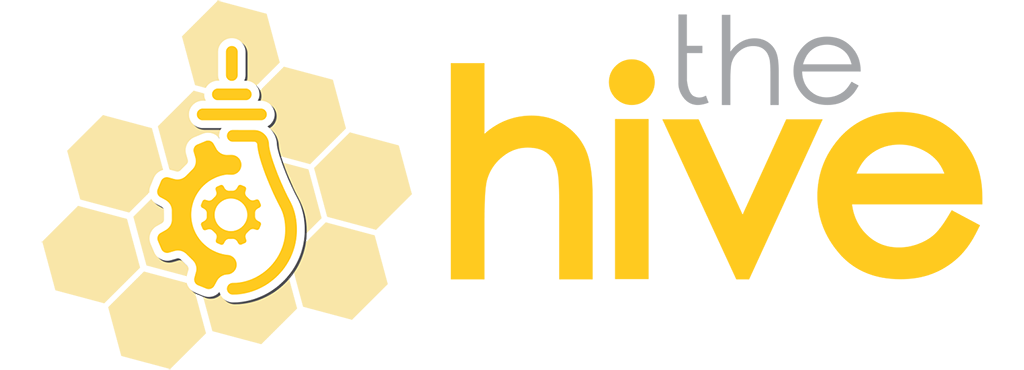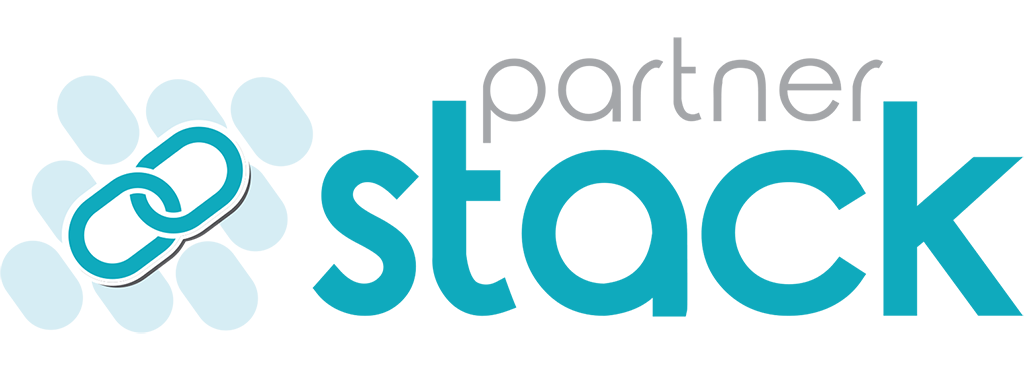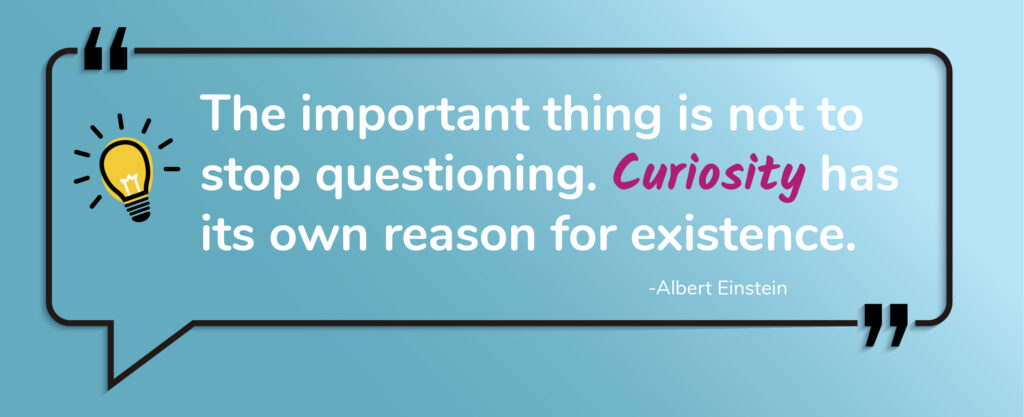Stay Curious: The Solutions Will Come
We all approached this school year with cautious optimism. Most of us couldn’t imagine our jobs becoming more unpredictable than what they were in 2020. Truthfully, things are slightly less dramatic. But we’re still facing serious challenges.
The delta variant, debates about COVID protocol, and managing school closures and attendance fluctuations are ongoing struggles. Although most districts’ protocols have gained definition, we weren’t prepared for the two HUGE obstacles in front of us now:
- The supply chain is a mess.
- There’s lots of work to do and an understaffed team to do it.
COVID-related challenges and increased demand have disrupted the supply chain, and we’re feeling it in our schools. There’s no way to understate the issue: it’s terrible. Menus aren’t what they are supposed to be, contracts with distributors are falling apart, and dealing with these roadblocks is eating up time we already lack.
Staffing shortages put enormous pressure on us. I see many of my colleagues and school administrators scrambling to respond by working in kitchens as fill-ins or relentlessly recruiting workers into positions people don’t want to fill right now.
It’s tempting to rage at the situation and policies that fall short of fixing what’s broken. But we’re not the only ones feeling the crunch. COVID’s impacts are global — the supply chain is bottlenecked worldwide, and most industries are experiencing staffing shortages as well.
The truth is, we’re all doing the best we can. That includes everyone from the parent who left an angry voicemail to the President of the United States. That parent is probably just scared. Our political leaders probably already know their solutions fall short.
And can’t we all relate?
I don’t know about you, but I’ve felt fear. I’ve made decisions that disappointed someone (even if it was the absolute best outcome I could get). In my experience, giving others the benefit of the doubt — especially during a pandemic — is far more satisfying than assuming the worst in people.
It’s Time to Make a Trade: Fear for Curiosity
“The important thing is not to stop questioning. Curiosity has its own reason for existence.”
This observation from Albert Einstein is especially crucial in the wake of the challenges I’ve described. It’s only human to react with anger and fear, but lingering in despair means we believe we’ve lost.
Wouldn’t it be nice to discover that we’re wrong about our fears, though? That solutions are waiting for the right questions to unveil them?
We do not have the number of personnel we have come to depend on. How can we reimagine our existing positions and workloads so that we can collaboratively work smarter, not harder? How can we help our school kitchen teams meet their goals by strategically modifying their workload?
Switching to disposables or easy prep foods may look appealing now, but those solutions don’t address the root of the problem: inefficient processes. Using data to lead our observations and conversations allows us to examine the workload, update our menus and expectations, transform our systems, and reallocate our labor hours in ways that empower our incredible team members to do their best work yet.
There are two fantastic and positive opportunities that we have right now: increased reimbursement from the universal free meals waivers, and student participation that’s skyrocketed so high, it’s blown up the supply chain.
Is there a way we can use our improved profitability to address obstacles to our programs’ success? Traditionally, spending as little as possible is a common financial goal. Right now, the goal is to make it through an extraordinary disruption of normalcy. Spending reimbursement money isn’t acting wastefully — it’s strategic. The money is there to help us solve our problems (and we’ve got a lot of problems right now).
If you’re like most of us, the workload is too much. So what can we release? Is there technology we can invest in to automate systems we’re currently handling manually? Are there tasks we can subcontract to lighten our load?
We hire services all the time for equipment repair, facility design, and more. Why not outsource our marketing, technology, or administrative tasks as well? Why not hire remote contractors to get the expertise we need (without being limited by location)?
The world has changed to embrace flexibility and technology. If our school nutrition programs are going to succeed in this new era, we need to consider these approaches, too.
You Have What It Takes!
Can I be honest for a second?
I’m SO TIRED of the negativity! It’s just unproductive.
I know we’re facing challenging times.
Yes, we might be frantically shopping at retail stores to make sure we have cutlery. We’re working tirelessly to keep our kids fed, and it can feel like our efforts are unnoticed and unaddressed by our lawmakers. Yes, uncertainty has (once again) become the word of the year, and the problems we’re experiencing are hard.
But of this I’m certain: we can do hard things. We’ve done it before. The whole world is doing it now.
We made it through 2020. Watching science fiction horror movies was better preparation for that than most of our educational and professional training, but we made it.
We can use our limited energy begging for help from whoever will listen to improve our current situation. Or we can use the knowledge we’ve accumulated, the resilience we’ve built, and the energy we keep generating to find creative solutions. We can fume about what we’re missing, or we can use the tools we have in our hands right now.
This type of problem-solving takes time, and lots of us have been in shortage of that resource way before the COVID outbreak. That’s one of the main reasons our team developed MenuLogic K12 — to regain control of our time.
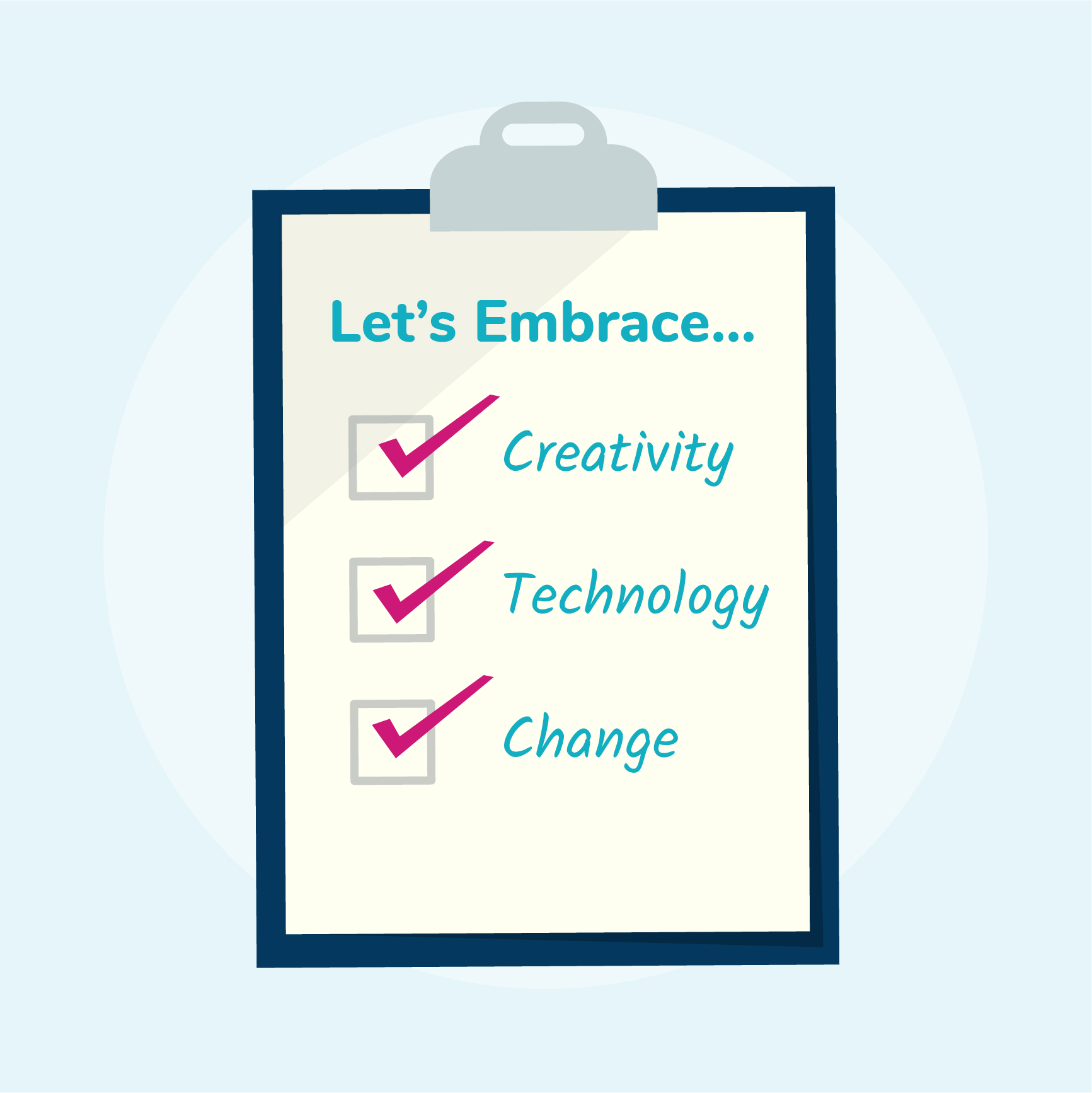
Data insights illuminate your school nutrition program’s successes and failures in real-time, so you can make relevant decisions and optimize your resources. The ongoing pandemic and time shortages are forcing us all to find faster and better ways to accomplish all the things we need to accomplish and technology has to be a part of that. Businesses that will thrive in a post-pandemic world are those that embrace creativity, technology and change. Our school nutrition programs can be those type of businesses too.
We’re in rough waters, but those who keep an open mind and positive focus will navigate your school nutrition program’s way through the storm!

